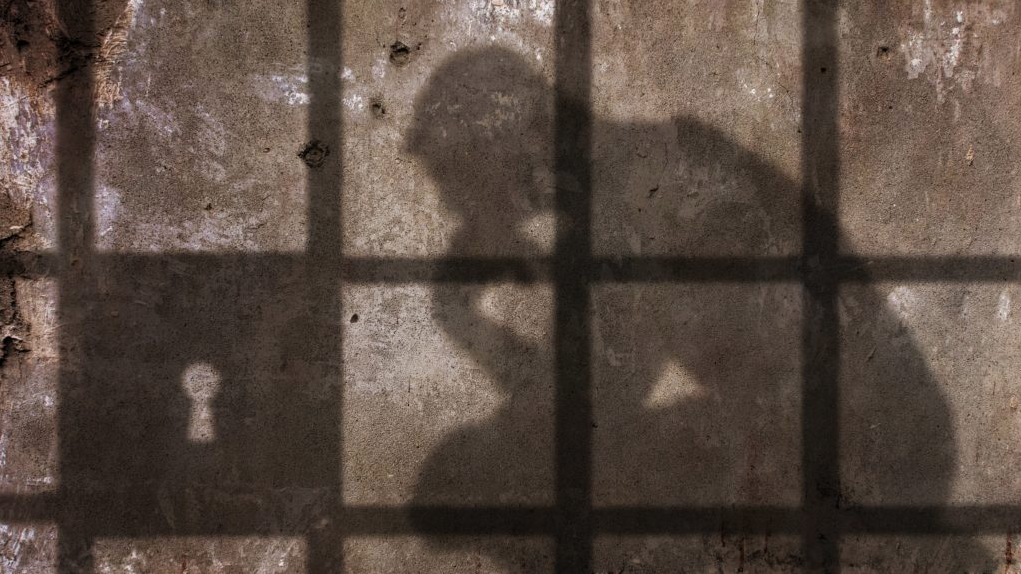Grand Challenge #9: Promote Smart Decarceration
Grand Challenge #9: Promote Smart Decarceration

September Social Work Grand Challenge: Support Decarceration
It’s September, and if you’re a social work student you’re most likely coming back to school after your summer break. If you’re a practitioner, you might be returning from a great vacation. Hopefully, you’ve been following along with the Social Work Grand Challenges throughout the summer months and are ready to rise up for our new September call to action!
The AASWSW’s next Grand Challenge is:
Grand Challenge #9: Promote Smart Decarceration
Did you know that there are more incarcerated adults in America than any other country in the world? As startling as this statistic is, it’s even more shocking to learn about the inequality of the US justice system. Statistics show that racial minorities, men, and those living in poverty are significantly more likely to end up incarcerated. In addition, inmates are twice as likely as the general population to meet the criteria for a severe and persistent mental illness, and nearly two thirds have a substance abuse disorder.
Incarceration is not only an issue of inequality and a problem for the incarcerated adults’ physical and mental health, it also ends up costing American taxpayers high amounts to house the high number of inmates. In light of that, the AASWSW has set a goal that we work to reduce incarceration by one million over the next decade.
Alternatives to Incarceration
With the exception of criminals who are true dangers to society, a large proportion of inmates would benefit from treatment and support outside of institutionalization, that addresses that needs and works toward rehabilitation and reducing reoffending.
The AASWSW recommends an approach that provides more potential inmates community treatment programs and offers supportive treatment to inmates released on parole or probation. These interventions would ultimately reduce recidivism from its current rate of 77%. Some interventions already have promising results. One such support is Drug Court, which allows violators to receive substance abuse treatment, something most inmates don’t receive behind bars. This approach reduces substance abuse relapse and reoffending.
Other proven successful approaches include Recidivism Reduction Programs and Justice Reinvestment Initiatives. Recidivism Reduction Programs are a comprehensive reentry program that helps former inmates receive counseling, CBT, employment and education, and any other treatments each individual inmate needs. Justice Reinvestment Initiatives are policies and programs created at the local or state level that help newly released inmates in the community.
Decarceration ultimately requires more support than just a few policy initiatives, and will need collaboration between multiple disciplines and policy initiatives to see big results nationwide. Social workers will need to collaborate with multiple disciplines to change policies at the local, state, and national levels, and work to change the public’s view of safety and decarceration.
Take Charge of This Grand Challenge
The AASWSW’s full report, From Mass Incarceration to Smart Decarceration, will get you up to date on this important challenge: Continue your education by learning about decarceration programs taking place in your local community and state!
Taking on this challenge requires shifting the perceptions of the public, as many people feel safer if as many offenders are incarcerated as possible. Be prepared to educate people in your community about public safety, including the success of recent rehabilitation programs and the low risk non-violent offenders are to the community.
Don’t forget to collaborate with professionals, too! Your University professors, police, correctional officers, healthcare professionals, and government officials are all great people to start working with on local decarceration initiatives. Be sure to support government officials who also support these programs.



